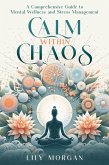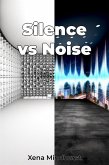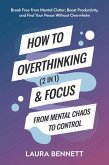Through a careful blend of neuroscience, organizational psychology, and behavioral research spanning four decades, the book challenges the common assumption that complete order is always beneficial. Instead, it presents a nuanced view of how the brain operates optimally within organized systems while simultaneously requiring elements of controlled chaos for creativity and innovation. The author expertly weaves together findings from workplace efficiency studies, neuroimaging data, and environmental psychology to create a comprehensive understanding of how our surroundings affect our mental processes.
Beginning with the neurological foundations of organization and chaos, the book progresses through practical applications in workplace and home environments, culminating in evidence-based strategies for optimizing one's space and routines. What sets this work apart is its balanced approach, acknowledging that while structure is crucial for productivity, some degree of disorder may actually enhance creative thinking and problem-solving abilities. The book provides readers with practical frameworks to assess their organizational needs and implement personalized strategies, making it an invaluable resource for professionals, individuals struggling with organization, and anyone interested in the psychology of environmental order.
Dieser Download kann aus rechtlichen Gründen nur mit Rechnungsadresse in A, B, BG, CY, CZ, D, DK, EW, E, FIN, F, GR, H, IRL, I, LT, L, LR, M, NL, PL, P, R, S, SLO, SK ausgeliefert werden.









